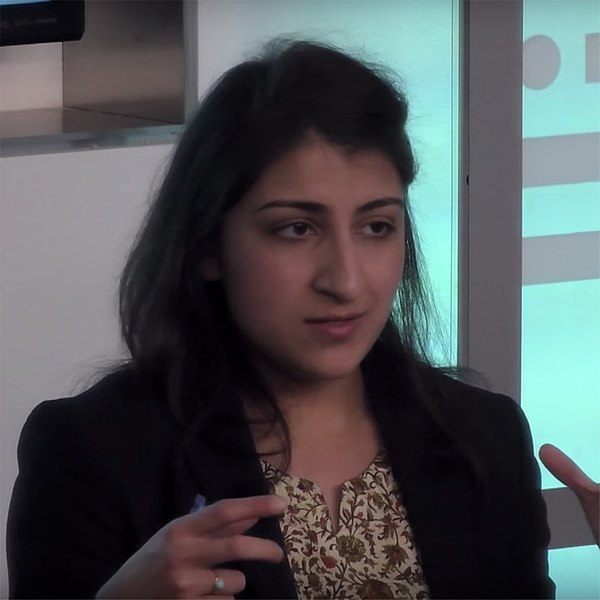The FTC’s Integrity Crumbles Under Chair Khan’s “Leadership”
In the first month of Lina Khan’s surprise tenure as chair of the FTC, she has extended false olive branches of transparency while working overtime to smash bipartisan limits on the agency’s enforcement authority. If gone unrestrained, Khan’s aggressive pursuit of radical partisan goals will harm the intellectual integrity of the FTC.
Khan’s decision to hold open FTC meetings may seem like a positive development, but the actual transparency is illusory at best. Even though the public has the opportunity to submit comments before the meetings, the comments are only considered after the commission already voted. Khan ignores the public’s concerns in her quest to fundamentally reshape the FTC.

The only actual effect of the public meetings, as Commissioner Christine Wilson pointed out during Wednesday’s meeting, is forcing the commissioners to “avoid both staff participation and a dialogue among the commissioners.” Instead, she recognized that the commissioners “are left to deliver monologues with no interaction making these events more akin to theater than the reasoned decision-making that should characterize the FTC.” FTC commissioners are losing oral briefings, robust conversations or detailed memoranda describing the consequences of the proposals in the meetings. Wilson justifiably fears that these losses are crippling the FTC’s ability to fully understand the analytical impacts of the changes.
Commissioner Noah Phillips also highlighted the procedural concerns of Khan’s leadership. He pointed out that, for the second time this month, Khan has given “the minimum notice required by law” for the meeting’s agenda, without adequately opening up the items for public comment. On top of all that, Khan is using a partisan, temporary 3-2 majority to undo bipartisan previous FTC enforcement standards. Although this majority will disappear once current FTC Commissioner Rohit Chopra transitions to his new role as the Director of the Consumer Financial Protection Bureau, for the indefinite future it looks like Khan will jam through as many changes as possible. Continued erosion of long-held enforcement principles will cause businesses to pull their punches when competing with rivals, robbing us of the robust competition that delivers the best prices and best choices for American consumers.
Khan’s reckless pursuit of “reforming” the FTC likely is guided by her belief that the agency needs “bold leadership willing to use the full breadth of its expansive authority.” The “bold” approach that she has theorized about for over five years turns out to be a cold disregard for bipartisan limits on government power. Khan’s blind pursuit of her radical agenda is willingly ignoring the commissioners outside of the temporary Democrat majority, the perspectives of other scholars, and the will of the public. In this pursuit, the FTC’s integrity is crumbling before our very eyes.
